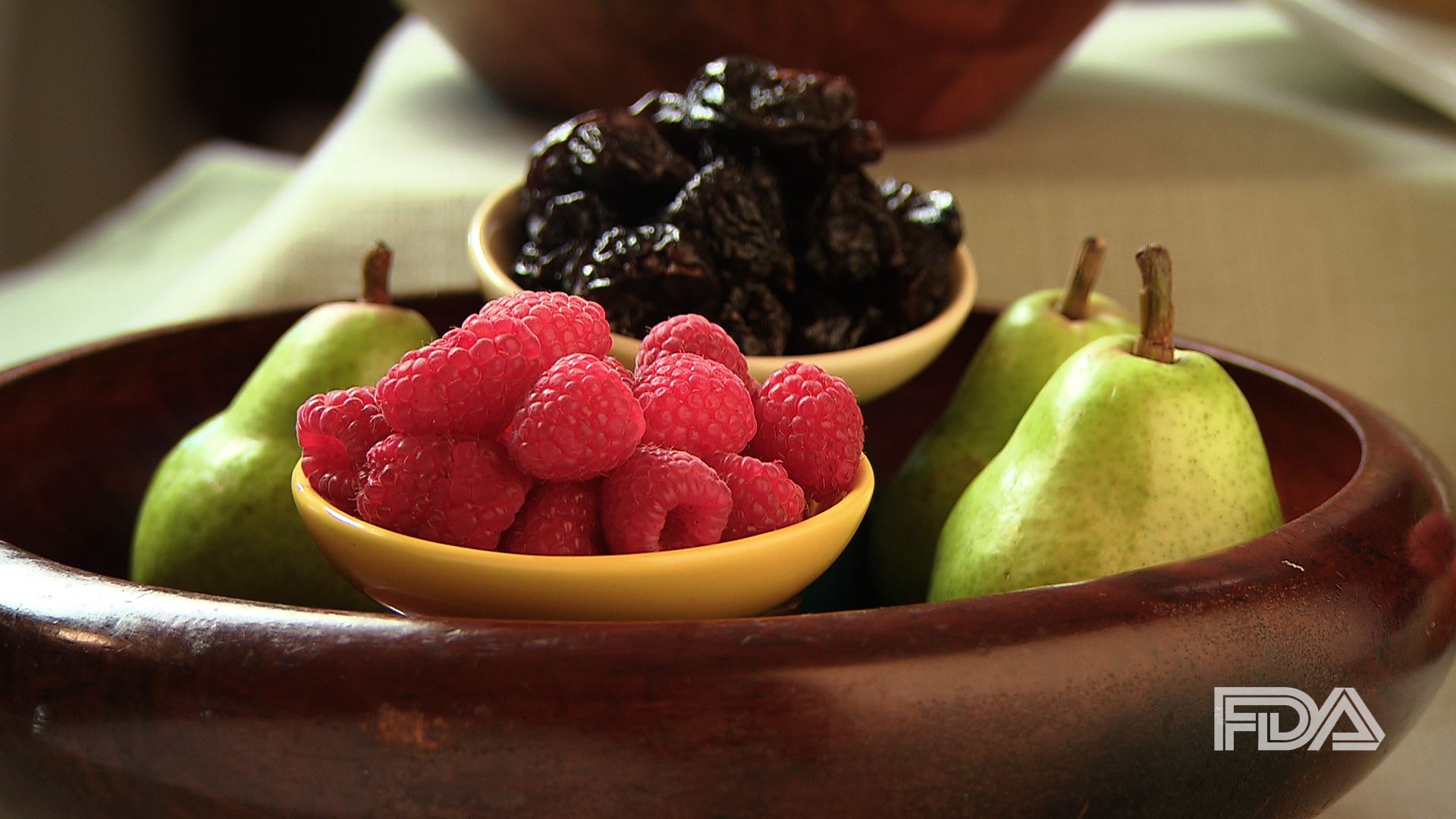By Kat Brown, Recent ASU Nutrition Student
What is Fiber?
Fiber forms the support structure of leaves, stems, and plants. It is the part of foods that are hard to digest, or that the body cannot digest at all. This is because humans do not have the proper enzymes to break down the bonds that form fiber. Important properties of fiber include solubility in water, water holding capacity, binding ability, and fermentability. Fiber is usually classified in as either soluble or insoluble.

- Soluble fiber dissolves in hot water. Oatmeal is a great example of soluble fiber. When you add hot water to oatmeal it expands. This makes you feel fuller longer and provides increased bulk in your intestines. That increased bulk helps to trap toxins in the intestines and remove them instead of your body absorbing them. Since soluble fiber absorbs water this is what helps prevent constipation and irregular bowel movements.
- Insoluble fiber does not dissolve in hot water. An example of insoluble fiber is celery. When you add water to celery nothing happens, but when you bite into celery you often see the stringy fibers that make up the stalk. Insoluble fiber is often part of the skin of fruits and vegetables.
Why is it good for you?
When fiber moves through the body it slows down digestion. This can help slow glucose from entering the body quickly. This results in lower and more stable blood sugar levels which can help with weight management. Studies show that when people try to adhere to a low carb diet it can cause rapid changes in blood sugar. This has been linked to increased hunger and food consumption.
Fiber also helps to lower cholesterol. When fiber enters the gastrointestinal tract it binds things like fatty acids and cholesterol. By binding to the cholesterol it prevents it from being absorbed and instead the cholesterol is excreted.
Clinical trials of foods high in fiber have found that high fiber foods reduce the risk of certain cancers and heart disease.
Where do I get my Fiber from?
Foods high in fiber include fruits, vegetables, and grains. The daily recommendation for fiber is 21-25g for women and 30-38g for men.
| Food | Serving Size | Total Grams of Fiber |
| Broccoli | 1 cup | 5.1g |
| Black beans | 1 cup | 15g |
| Almonds | 1 ounce | 3.5g |
| Brown rice | 1 cup | 3.5g |
| Raspberries | 1 cup | 8g |
| Pear, with skin | 1 medium | 5.5g |
For more informative articles, check out the Fill Your Plate blog. New articles are posted every Monday, Wednesday, and Friday.

